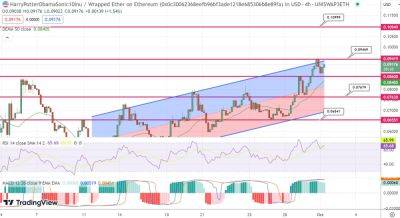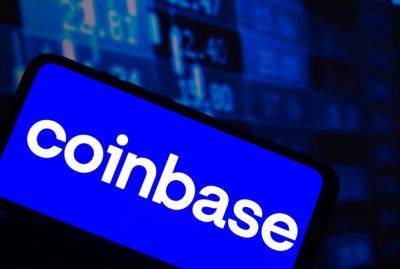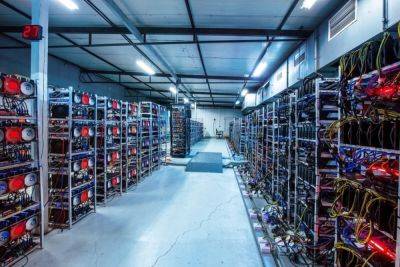Coinbase Addresses Zcash Mining Centralization Concerns
Coinbase's Blockchain Security Team recently identified a significant shift in the Zcash network's hash power distribution. A single mining pool, ViaBTC, was found to control over 51% of the network's computational power, raising concerns about potential security vulnerabilities.
In Proof-of-Work (PoW) blockchain networks, miners compete to validate transactions by solving complex mathematical problems. However, if a single miner or mining pool gains over 51% of the network's hash power, it can introduce risks such as executing double-spend attacks or censoring transactions. Such centralization can jeopardize user and exchange funds.
Coinbase, committed to ensuring security, decentralization, and compliance with digital asset listing standards, has taken several steps in response:
Increased Confirmation Requirement: Coinbase has increased the Zcash confirmation requirement to 110 blocks. This move aims to reduce the risk of double-spending or fraudulent transactions, extending the deposit time from approximately 40 minutes to around 2.5 hours.
Limit-Only Trading Mode: To minimize the impact of potential volatility, Coinbase has transitioned its Zcash trading markets into a limit-only state.
Engagement with Stakeholders: Coinbase has initiated discussions with the Electric Coin Company, the organization behind Zcash, and ViaBTC. The dialogue centers around the risks associated with mining centralization. Coinbase has offered recommendations for strategies that could be implemented to reduce the risk of a 51% attack.
Coinbase's Blockchain Security Team conducts thorough security assessments before adding any blockchain to its exchange. A primary criterion is ensuring that no single entity has centralized control over
Read more on blockchain.news

 blockchain.news
blockchain.news




















